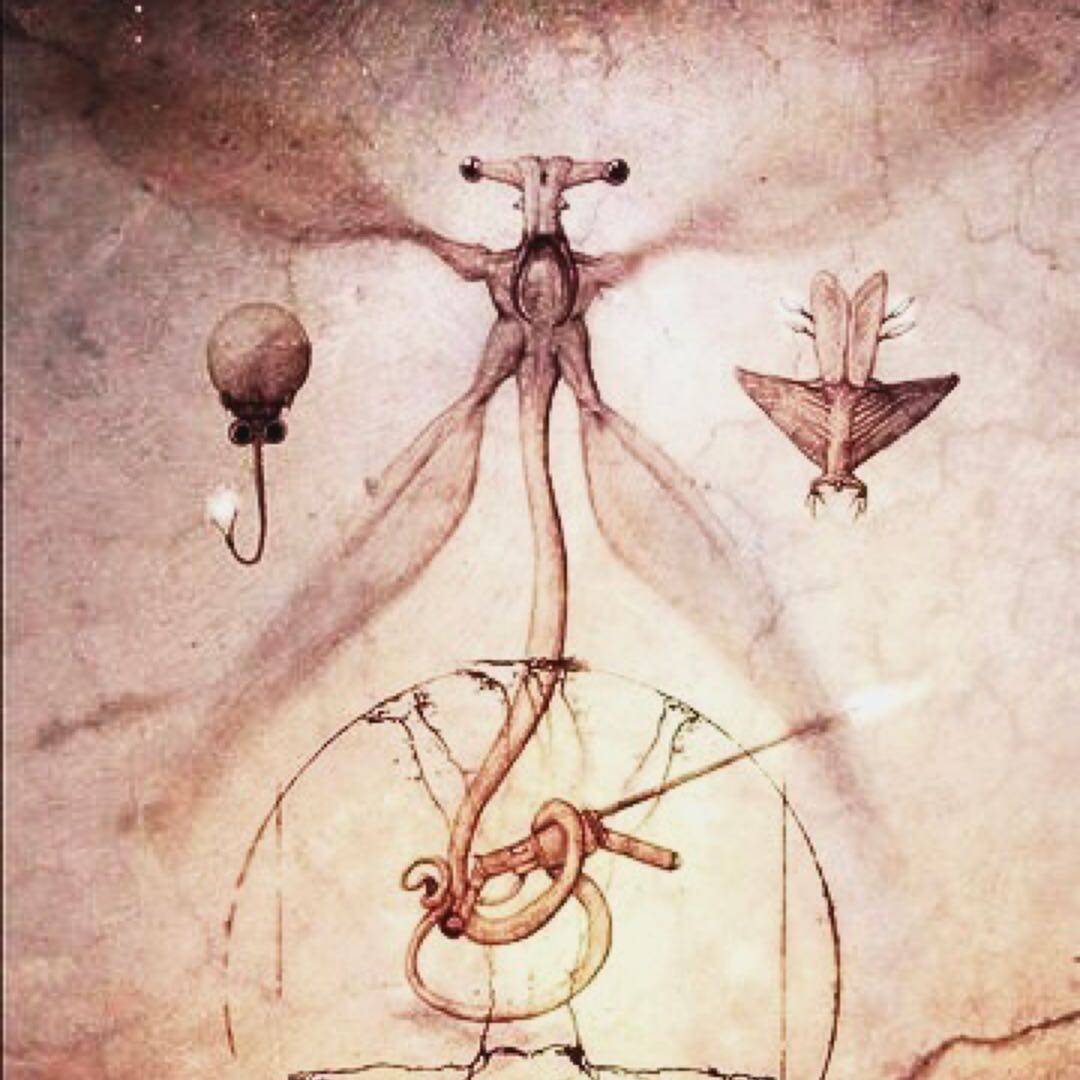
Just a really fun and interesting sci-fi read.


Just a really fun and interesting sci-fi read.
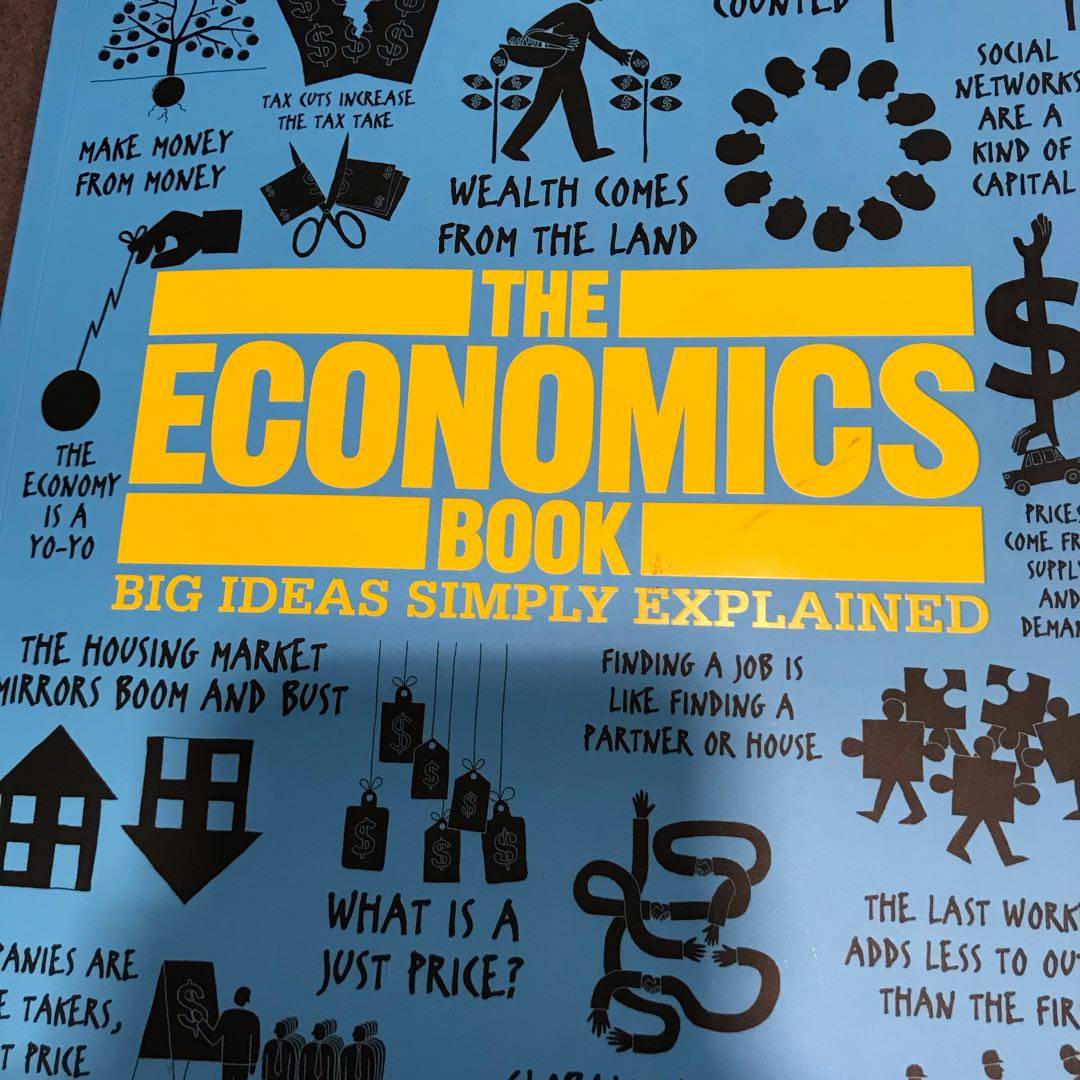
I‘m loving this so far. It takes broad economic topics and explains them thoroughly yet simply.
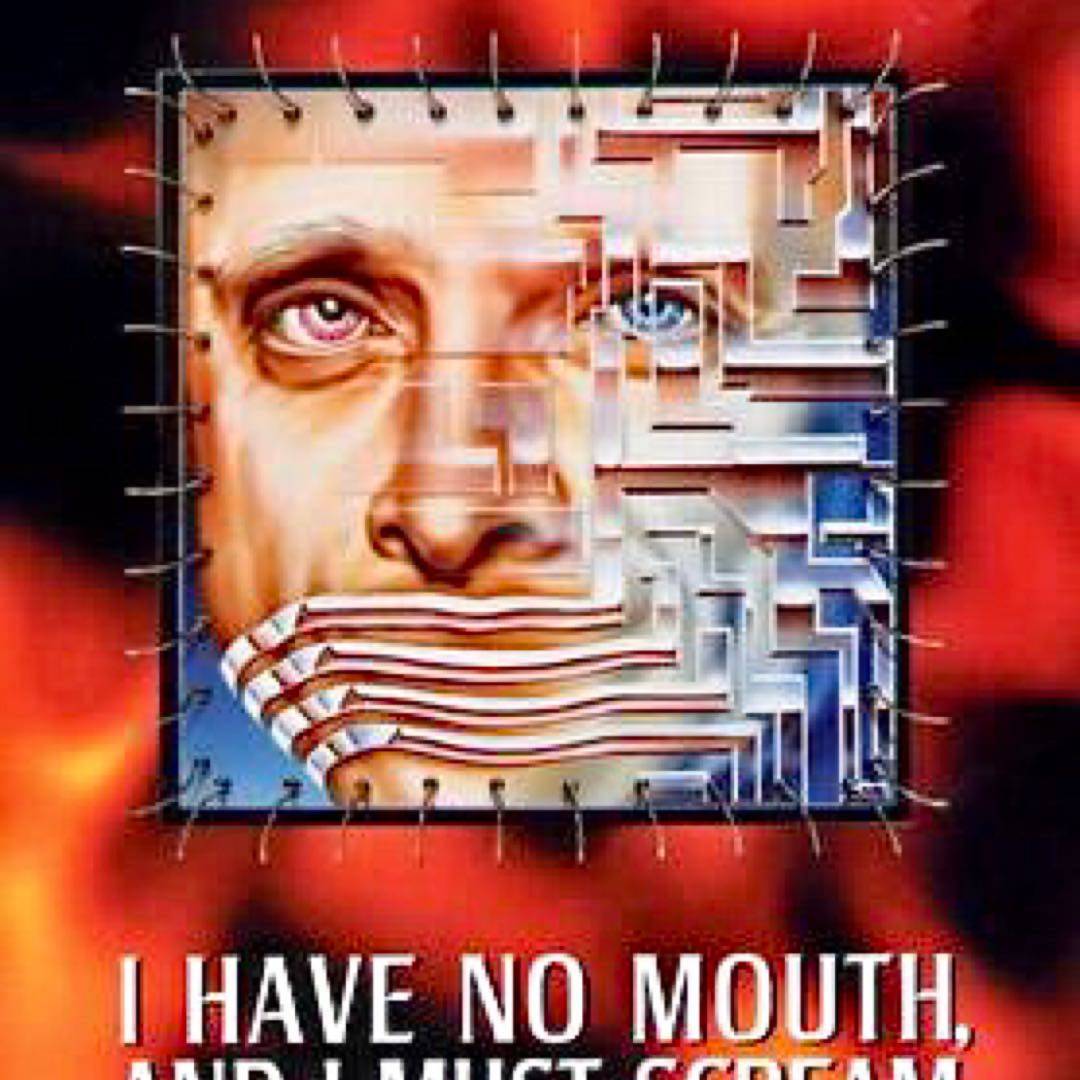
I‘ve been wanting to get through this one for awhile now. It is horrible and amazing.
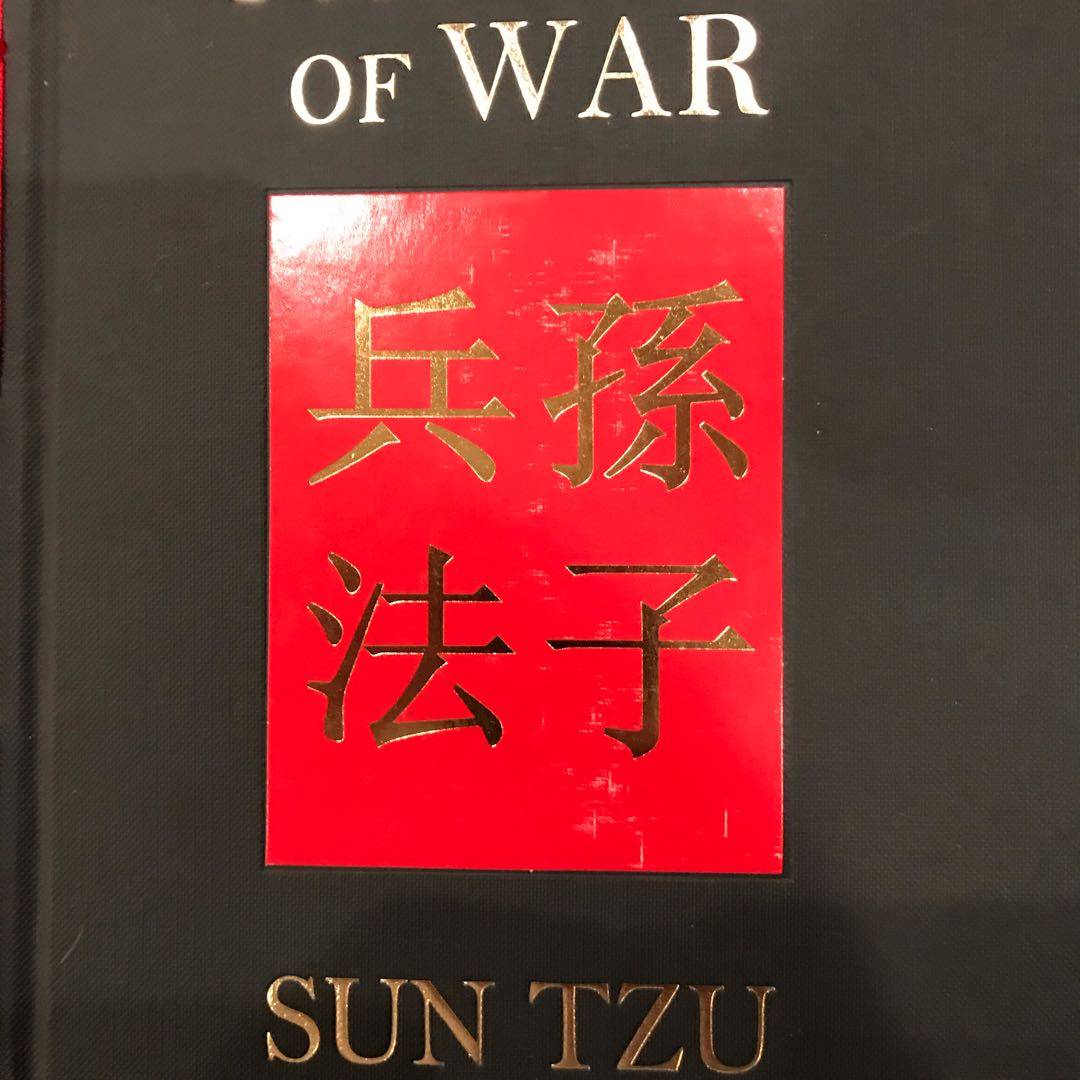
Such an interesting little read. Second time through, this time with the hardcopy.

The first rule of Fight Club is you don‘t talk about Fight Club.
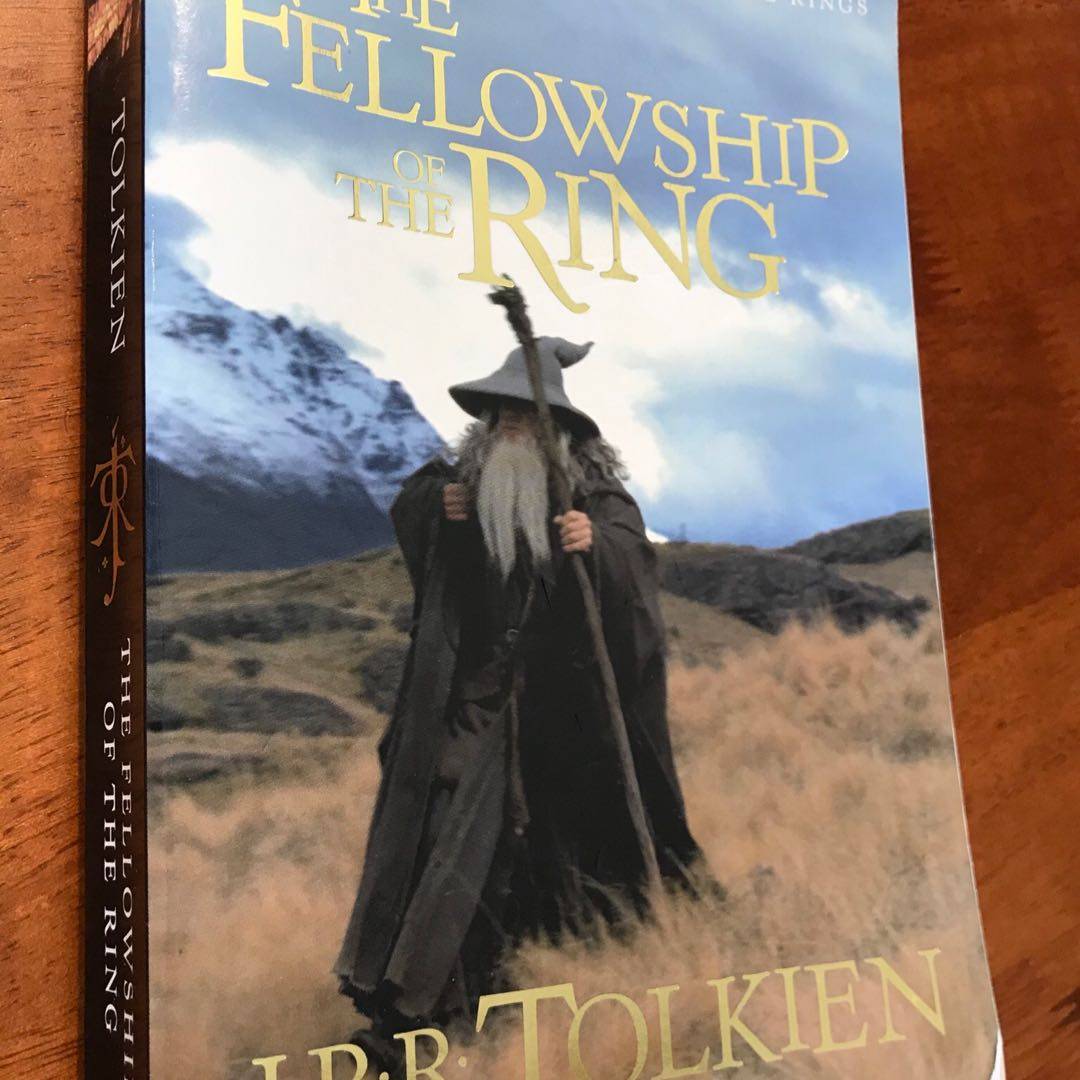
Rereading a classic👌

So excited to start the first book of The King Killer Chronicles!
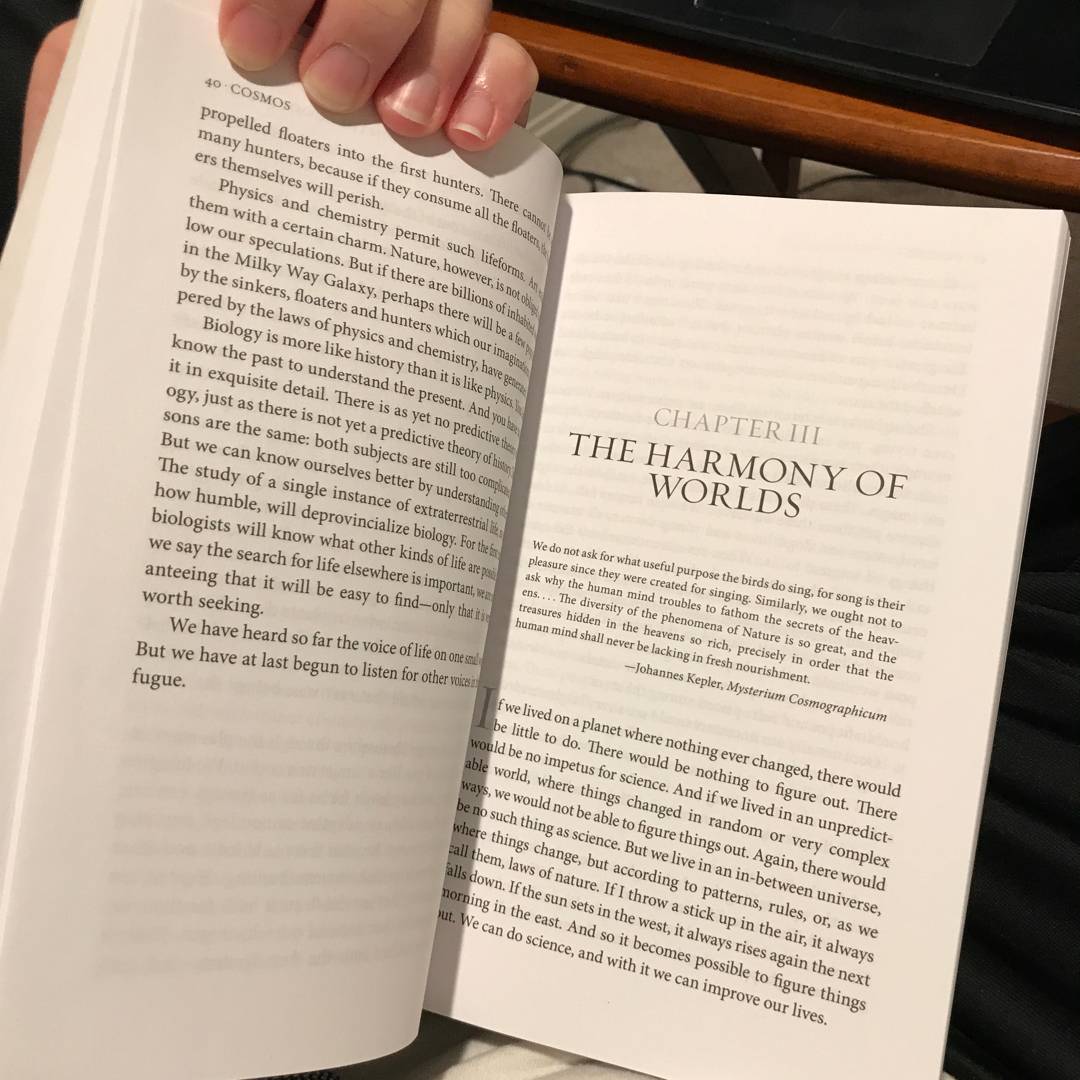
I‘m only on page 40 of this book, and I‘m already hooked. Within this short amount of reading, Sagan has retold the story of ancient Alexandria, how a certain crab was artificially selected to have natural designs of samurai faces on their carapaces, and the beginnings of life on our world.
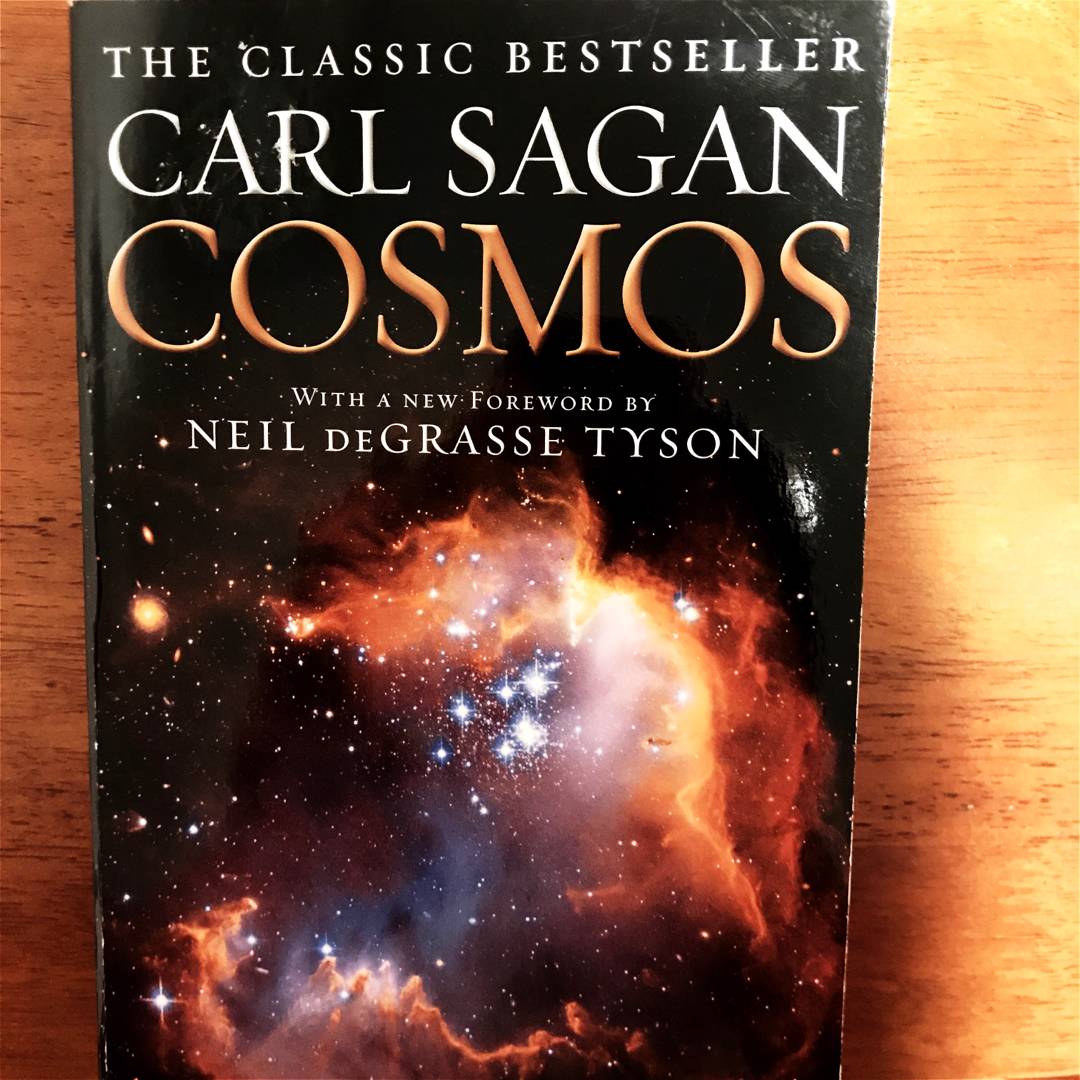
“Today we have discovered a powerful and elegant way to understand the universe, a method called science; it has revealed to us a universe so ancient and so vast that human affairs seem at first sight to be of little consequence.”
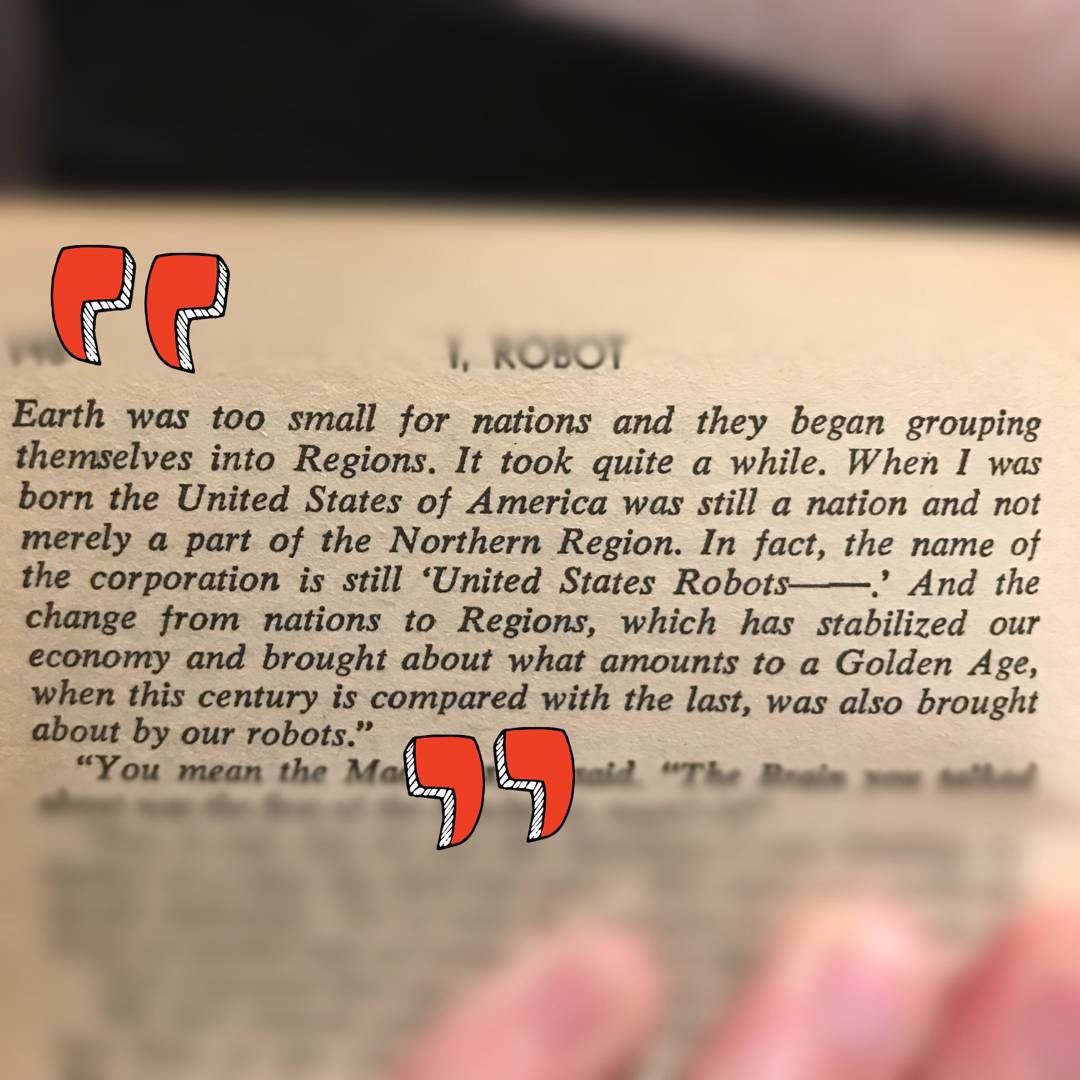
The “end of nationalism” as Dr. Calvin puts it. Imagine a world grouped by vast regions rather then small countries.
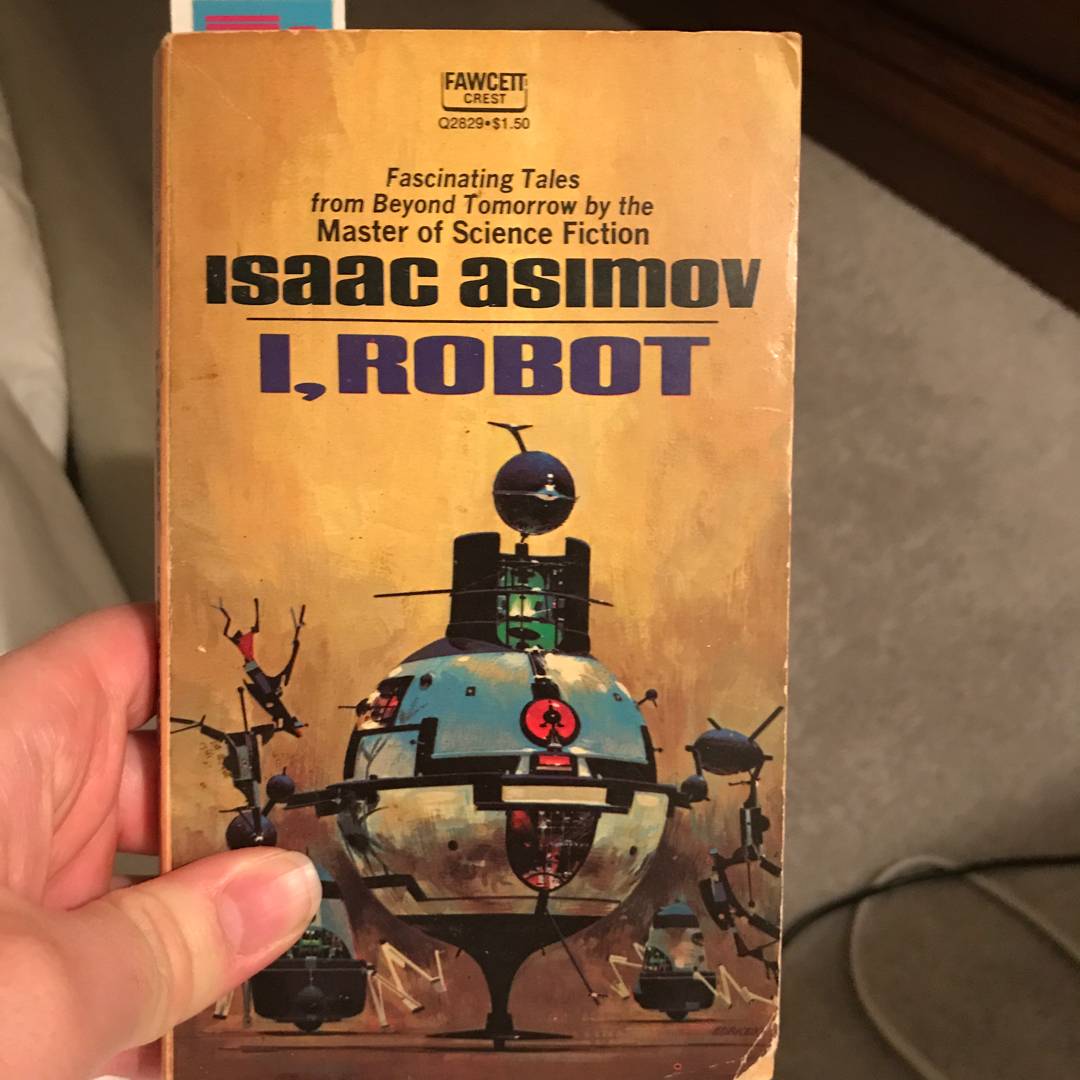
1-A robot may not injure a human being, or, through inaction, allow a human being to come to harm
2-A robot must obey the orders given it by human beings except where such orders would conflict with the First Law.
3-A robot must protect its own existence as long as such protection does not conflict with the First or Second Law